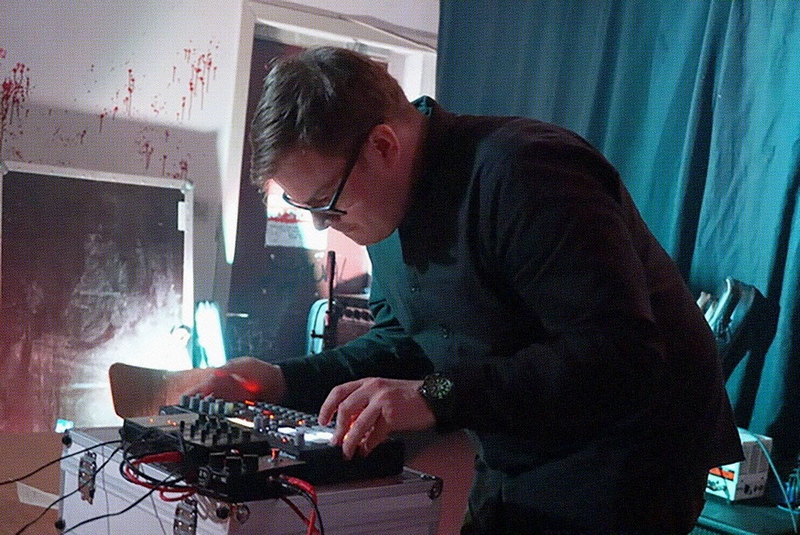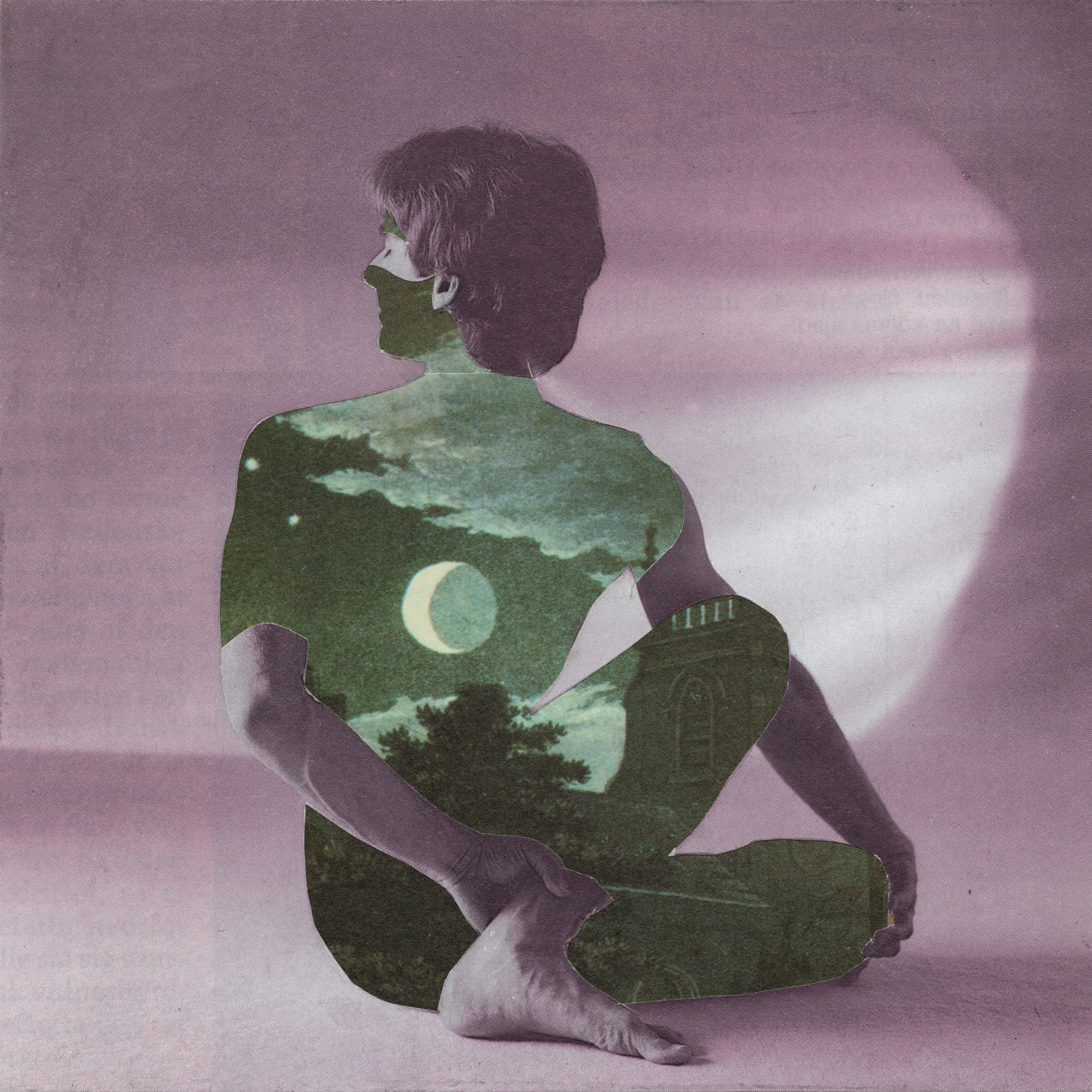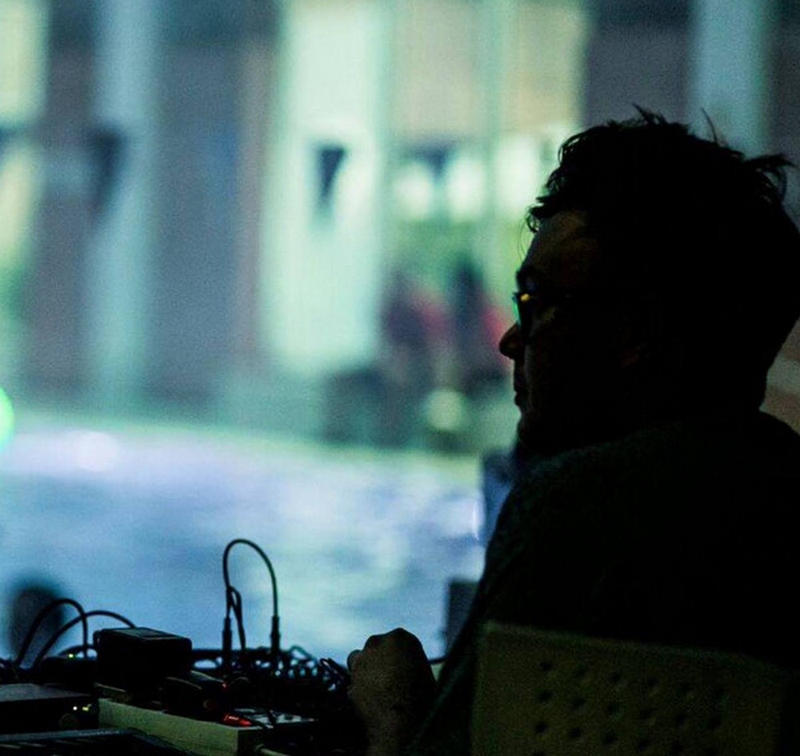Norelco Mori – Kassettebåndspodcast med transatlantiske forbindelser

Af Simon Christensen
Den Los Angeles-baserede musiksamler og musiker Ted James Butler har igennem fem år drevet podcastsserien Norelco Mori, der blandt andet sætter en ære i at opstøve og hylde kassettebåndet. Eller måske ikke kassettebåndet i sig selv, men lige så meget den kultur og æstetik, kassettebåndet er et symbol på – nemlig byttekulturen mellem labelejere og samlere, de små oplag, det personlige og det netværk, som man heraf opbygger. Der er også en ideologisk dimension i at opdage og lytte til ny musik på et langsomt medie, som Norelco Mori deler videre til sine lyttere på nonprofit basis på forskellige platforme.
Musikken er tilsyneladende ikke udvalgt ud fra genrer, men måske snarere ud fra en bestemt “mørk” æstetik, der går på tværs af ambient, drone, postpunk og industriel musik. At Norelco Mori samtidig har tråde til den danske kassettebåndsdam – på den allerførste podcast medvirkede Puce Mary, på de seneste Varg, Soft Armour og Grøn – gør blot denne anbefalelsesværdige kassettebåndskurator mere interessant i en nordisk kontekst.
Foruden hans egen hjemmeside norelcomori.com, så optræder Ted James Butler som dj på NTS Radio, som musiker i projektet Head Dress og driver selv to små labels. Det ene er i form af Limited Interest, ‘a deliberately small cassette-only label’, som han kuraterer i fællesskab med Alessandro Cortini (Nine Inch Nails, SONOIO), og det andet hedder Norelco Mori Limited og udgiver compilations med artister fra hans podcasts. Den første compilation fra Norelco Mori Limited er netop udkommet og indeholder tracks af Lower Tar, Øjerum, Grøn, Desroi and b.lind., den er ude som kassettebånd i 100 eksemplarer.
Passive/Aggressive har snakket med Ted James Butler om ny musik, båndkultur og de forskellige distributionsformers demokratiske potentiale.
P/A: So why do you do Norelco Mori – and why cassettes!?
Ted Butler: Haha, I ask myself the same question.. Originally, I just wanted to share some of the amazing things I was listening to. I had all this great stuff from US labels like Black Horizons, Imminent Frequencies and Phaserprone and, for the most part, there was no digital version to accompany any of it. I felt it was important work and wanted to share it, so I ripped a bunch of tapes and put together a mix in the style of a late night public radio broadcast. It was kind of a joke, but the response was really positive so I kept it up that way.
Now a lot of what I get from submissions has a digital counterpart available but I still require physical copies for submissions and only use my own rips. I like the idea of a digitally distributed show the revolves around an analog format.
P/A: Do cassettes have a better democratic potential than other formats?
Ted: Well, the barrier to entry is a lot lower than with a CD or LP, sure. I’m not sure having a democratic potential is a positive thing though… To each, their own, but I still only play / buy what I like.
P/A: What are your thoughts on what the physical product, tactility and the analogue format brings to a release compared to a digital release?
Ted: Well, it exists in a tangible format. If the power goes out forever, you can still use your tape as a paperweight or build a shelter if you have enough of them. Not that I want to discourage anyone from buying digital, my own next release is digital-only.
For a lot of people, physical access is huge part of experience. I think there are lots of different experiences to be had with music. Some artists make music to be experienced in that ritual-based setting. You know, like where you make a drink or something and sit down specifically to listen without interruptions or distractions.. I’m not saying you can’t have this experience with a digital copy, but for me, digital files exist to make listening more convenient. To make listening fit in to whatever else you’re doing. That’s not necessarily a bad thing. Like, there’s the paper cup coffee you get on your busy commute to work and there’s the coffee you sit down to relax with and enjoy on your morning off. It could very well be the exact same coffee, but the delivery method and environment have so much to do with how you experience it. When I have a physical object with carefully considered artwork….it’s nice to spend a little more time with it, you know?
P/A: The community around the cassette labels and the experimental music scene world wide to some extent seem to have an exchange of music, distribution networks, help settings shows up. How do you see this community?
Ted: There’s a lot of support there, yeah. We all know there’s no money in this. No one does it for money. It’s all to push the material, ourselves and each other.
P/A: What is the Norelco Mori podcast exactly? Do you run it an one man operation?
Ted: Yeah, it’s just me. It’s a time consuming and expensive project, but it’s a labor of love. I guess. It’s been tough to keep with lately because it takes a long time to audition everything and create an hour long mix of recordings for a given episode. Everything you hear is being played off a tape, so this demands a lot of time and a fair bit of infrastructure as well. I’ve been busy with work and life and my techno project Head Dress is gaining a bit of traction so my energy has been redirected a bit, but there will be new episodes now and then.
Some of my best experiences with Norelco Mori are definitely strangers recognizing me while I’m out somewhere and telling me how stoked they were to hear whatever tape a bunch of episodes back. That’s great.
I’m also partial to the handwritten notes and correspondence I get from people who send things in to the show. I just got a beautiful tape in from The Black White State. It has a foil printed j-card, a separate letter press insert card all housed in a six-piece laser cut wooden box. So over the top. It’s really great to get this stuff in the mail so regularly.
P/A: What are in your opinion some of the most interesting new ways of releasing music – what labels inspire you with great ideas?
One of my favorite, innovative and format-specific releases was Gescom’s Minidisc, released by Touch in 1998. This was, at the time, a minidisc-only release meant to be played with shuffle-mode activated so you’d hear a different variation of the content each listen. It was really incredible. Not to mention the roster for this recording was Booth, Brown and Haswell (Russell Haswell and Rob Brown and Sean Booth of Autechre, ed.)… I had one back then but I played it so much it disintegrated. It was like 4-something pieces divided into 88 tracks the Minidisc would seek from song to song with no lag.
It is kinda hard to top that, in my opinion. I don’t know that I’m even interested in new ways to release music. You’re not going to out do CD, LP and cassette. They each have their own unique fidelity and use case. When you start getting into digital files and downloadable content and all that, your experience is fused with that of the computing environment you’re accessing it on.
Like, if I really don’t have to, I don’t want to see a scan of your artwork with a menu bar and a red X above it.
P/A: What do you think is vital for the diversity and to bring out the best of the music scene looking forward, in terms of the media system and format-wise – streaming, cassettes, vinyl?
Ted: I don’t know. I can’t say I’m an expert. Pay for music. Buy it at a shop if you have one. Tell people what you like. Support the people who are doing things you like. Even if you’re spending $3 for a digital album on Bandcamp, I know that is always appreciated.
P/A: How did you discover the Danish / Scandinavian scene, and what do you like about it?
I guess I have to out my affinity for Nordic Noir now, huh?, Ha ha. I had some music on a few digital-only compilation releases (toward the tail-end of the netlabel era) and was familiarizing myself with the artists selected for each. A number of us then started participating in the Disquiet Junto shortly thereafter and i basically kept up with what everyone here was up to, for a while anyway. It was through these connections that I found out about upstart Phinery Tapes.
I’m happy to have contributed several releases to this catalog; including Warren and Warsaw under my Head Dress moniker, as well as Aglantha, which is a collaboration with Ron Winter that we did for Speaker Footage, Phinery’s sister label. I’m really into what Benjamin does. He has a keen ear and eye for curation.
Really soon I’m also letting the cat out of the bag on Limited Interest’s sister label, Norelco Mori Limited. NML will highlight work from artists featured on the podcast and the first release is a compilation doing just that, with tracks from Lower Tar, Oejerum, Grøn, Desroi and b.lind… Keep an eye out for details soon.



